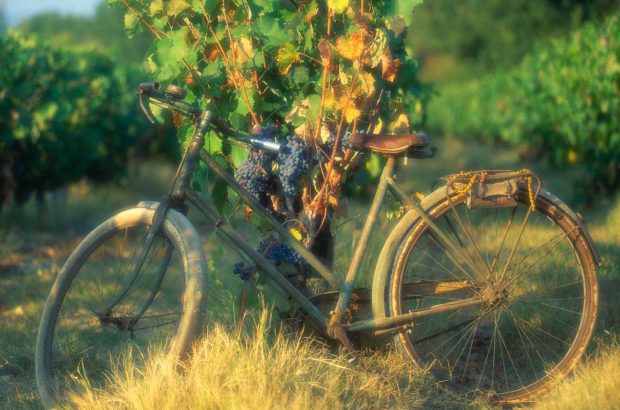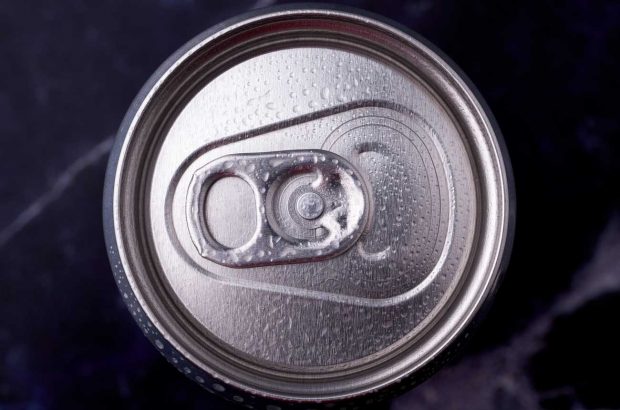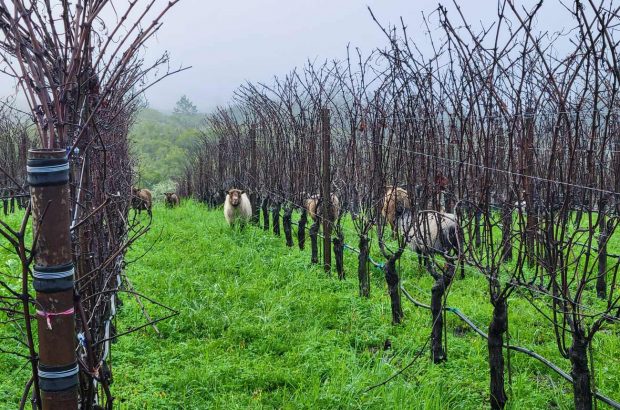You don't have to be a wine writer to keep a record of wine tasting notes, they can be a useful way to keep track of the treasures of your cellar. Paul Keers gives his top tips for writing tasting notes for yourself...
Write your own wine tasting notes
It’s one thing reading tasting notes. What happens when we come to write them? I’m not talking about notes for an audience, but notes for yourself.
Because that’s what we have to do, as soon as we start a modest cellar, and start keeping enough wines for enough time – we need to keep track of each one.
- Read the full story in the December 2016 issue of Decanter magazine, on sale now. Click here to subscribe
Hazard warnings
‘One wine was reminiscent of a leaking biro’
Wine writers are usually in the fortunate position of recommending wines. There aren’t the column inches to waste describing something they’ve rejected. But for those of us who buy wines, notes often fall into a category best described as hazard warnings.
It’s rare that those rating the merits of, say, this year’s Domaine de la Romanée-Conti, find themselves using similes of cleaning products, or noticing aromas of old lift shafts.
Hazard warnings are notes I make to remind myself not to succumb to a particular bargain ever again. One supermarket Bordeaux was, I see in my notes, ‘reminiscent in the mouth of a leaking Biro’.
In such circumstances nuance is, frankly, unnecessary. When one decides that a wine tastes primarily of petrol, it’s irrelevant whether it’s unleaded or not.
And why bother even noting the poor wines? To remind and educate yourself. And because you take the remaining bottles to the kind of party at which you won’t have to drink the wine you brought. Or see the hosts ever again.

Make it personal
When it comes to the positives, I find that my winespeak retreats into the personal. After all, I’m the only person to whom it needs to make sense. To describe a wine’s body, I use the term ‘heft’. It might not mean anything to you, but it works for me.
Personally, I use the distinctive flavours of family cooking. A delicate scented sweetness? I noted that one white wine was simply ‘Raff’s poached pears’. I suspect you haven’t had them.
There, perhaps, is the fundamental difference. Winespeak needs to communicate; but your own notes need only communicate with one person – yourself. And at least you can trust the taste of the person who’s speaking it.
Written by Paul Keers for Decanter magazine’s December issue. Edited by Laura Seal for Decanter.com
Paul Keers is the co-author of Sediment: Two Gentlemen and Their Mid-Life Terroirs, written with Charles Jennings.
Click below to buy now
Learn more:

Grape expectations – the tasting notes quiz

How to read wine tasting notes – Ask Decanter
Decanter experts help you to cut through the jargon

How to write wine tasting notes

How to buy wine at a specialist retailer
Specialist retailers needn't be daunting when looking for the right bottle...

What happens as wine ages?
What''s behind the changes seen in ageing wine? Master of Wine Anne Krebiehl reveals all...

Restaurant Wine List Quiz – test your knowledge





